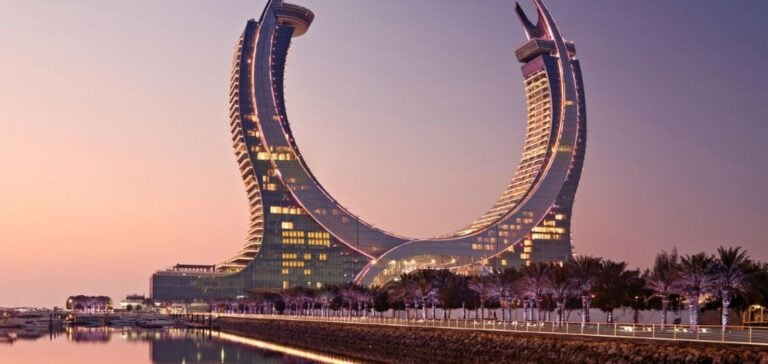Ukraine, facing an ongoing energy crisis exacerbated by its conflict with Russia, is actively seeking to diversify its energy sources. In this context, Qatar, a leading global exporter of Liquefied Natural Gas (LNG), emerges as a prime ally to secure Ukraine’s energy. This initiative could mark a turning point in Ukraine’s energy relations with the Gulf region.
Diversifying Energy Sources for Greater Independence
Since 2022, the Russia-Ukraine conflict has highlighted Ukraine’s critical dependency on Russian energy, making energy security a national priority. By opening discussions with Qatar, Kyiv envisions diversifying its energy mix by integrating LNG as an alternative source. Such a partnership could significantly reduce Ukraine’s vulnerability to disruptions in energy flows from Russia, offering greater autonomy.
Attracting Foreign Investments to Modernize the Sector
Beyond securing supplies, Ukraine sees cooperation with Qatar as an opportunity to attract foreign investments. Indeed, an agreement with Qatar could stimulate Ukraine’s energy sector by injecting capital to foster technological development and innovation, essential for modernizing aging energy infrastructure. This modernization addresses crucial reliability and efficiency needs, especially in a context of high regional tensions.
Modernizing Energy Infrastructure as a Key Priority
Ukraine’s energy network requires upgrades to meet new technological and security demands. Qatar, with its expertise in LNG infrastructure, could provide technical assistance and innovative solutions, enabling Ukraine to improve energy efficiency and safeguard its infrastructure against potential threats.
Benefits for Ukraine from a Strategic Partnership with Qatar
The advantages of collaboration with Qatar are numerous. First, this energy diversification strengthens Ukraine’s resilience, reducing risks linked to supply interruptions. Additionally, Qatari investments could boost Ukraine’s economy, create jobs, and foster the integration of new technologies. Finally, this partnership opens pathways for future strategic alliances with other Gulf states, reinforcing Ukraine’s geopolitical standing.
Challenges Linked to an Alliance with Qatar
However, obstacles remain. The strained relationship between Russia and Ukraine complicates negotiations with Qatar, which must maintain diplomatic balance between various powers. Furthermore, protecting energy infrastructure, a major security concern, presents challenges in an active conflict zone. Finally, effective coordination with Ukraine’s Western allies is necessary to maximize the benefits of such an energy partnership.
Geopolitical Implications of Opening Negotiations
This initiative could have significant geopolitical repercussions. On one hand, it could strengthen Ukraine’s ties with Gulf countries, particularly in economic partnerships. On the other, Russia may interpret this collaboration as an attempt by Kyiv to reduce its regional influence, potentially heightening tensions. By initiating discussions with Qatar, Ukraine contributes to a more diversified international energy landscape, less reliant on traditional players.






















